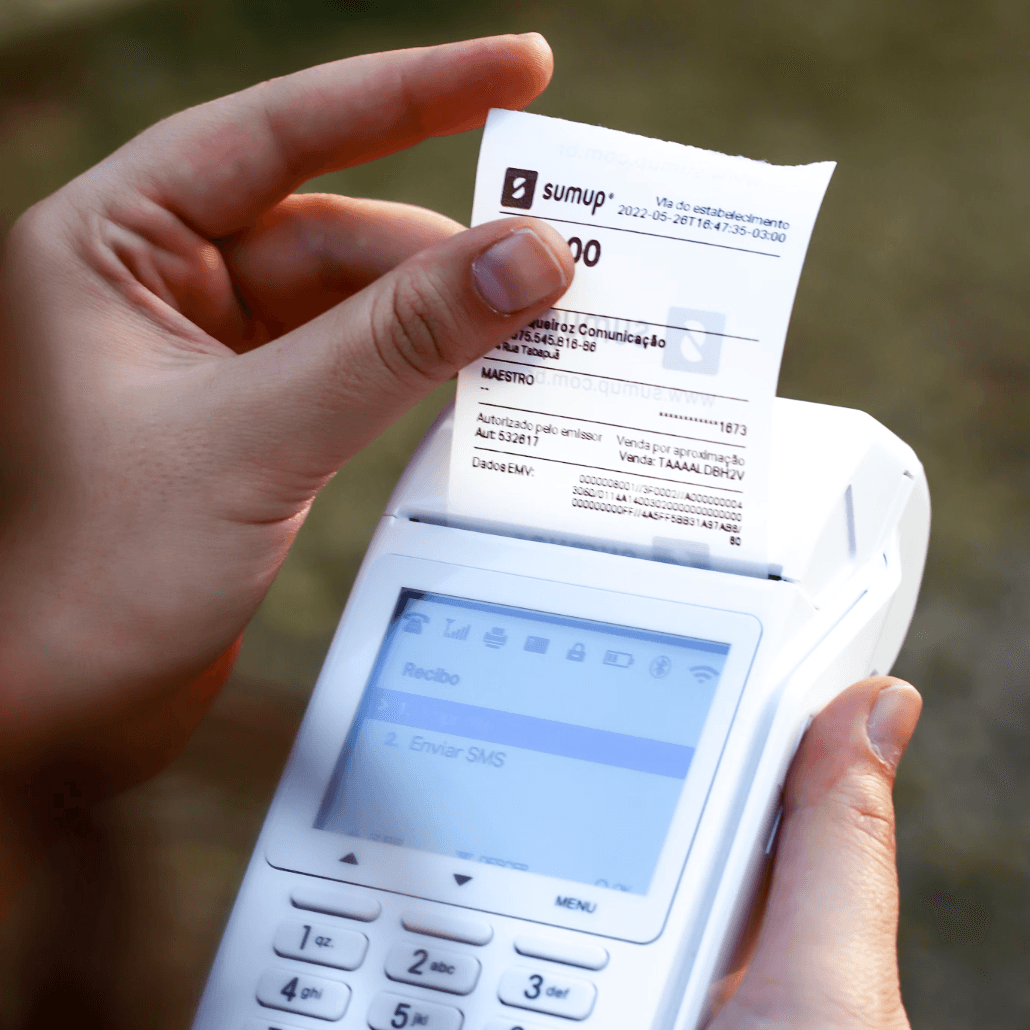
What Are AI Sales Agents and How Do They Work?
AI sales agents are intelligent software agents designed to automate and optimize sales processes. Unlike traditional chatbots, AI sales agents actively engage with leads, prioritize opportunities, and execute multi-step sales workflows. They can collect data from forms, emails, and databases, analyze lead behavior, and even send personalized follow-up sequences, saving hours of manual work while increasing conversion rates.
In practice, using a AI agent platform like Bika.ai, I was able to set up a small one-person AI sales team that tracked thousands of leads, sent 3-day follow-up email sequences, and updated my CRM automatically, resulting in a 30% faster lead response time and higher engagement.
How AI Sales Agents Revolutionize Lead Management
AI sales agents streamline the entire lead lifecycle. They automatically capture leads from multiple sources—website forms, email sign-ups, and social media interactions—and store them in a structured database.
Example from experience:
Using Bika.ai’s Business Development CRM template, I tracked over 10,000 potential B2B leads, automatically categorizing them by priority and engagement score. The AI agent reminded me of follow-ups, suggested optimal messaging, and drafted initial email outreach, ensuring no lead went cold.
Key Benefits:
- Automatic lead capture and categorization
- Prioritized follow-ups based on lead behavior
- Centralized dashboard to monitor pipeline health
Types of AI Sales Agents

AI sales agents can be categorized into two main types, each capable of handling different aspects of the sales process:
1. Autonomous agents – Operate independently to manage lead engagement, follow-ups, and CRM updates without human intervention.
Experience insight: Using Bika.ai’s Sales Agent, I set up an autonomous workflow with the B2B AI CRM template to track over 2,500 inbound leads per month. The agent automatically captured leads, categorized them by engagement score, prompted me to write visit records weekly, and booked meetings directly in my calendar. In addition, I deployed a 7-Day Automated Email Marketing template to follow up with new registrants and potential customers, ensuring timely outreach while reducing manual work by over 80%.
Other autonomous workflows I’ve tried include:
- Business Development CRM template: Helps identify and manage partnership opportunities while logging interactions automatically.
- Customer Development CRM template: Collects insights from customer interviews and problem statements, supporting lead qualification for product-focused outreach.
2. Assistive agents – Support human sales reps by providing recommendations, coaching, or role-playing buyer interactions, while still automating certain tasks.
Experience insight: I used Bika.ai’s Sales Coach agent to simulate negotiation scenarios and pre-call preparations. Combined with the Customer After-Sales Service Management template, the agent provided feedback on handling customer objections and optimizing post-sales follow-ups. This improved my closing rate by 15% and helped me maintain a high NPS score by tracking real-time customer satisfaction via the NPS Customer Referral Value template.
Assistive agents can also integrate with product messaging workflows. For example, using the Product Messaging Library template, the agent ensures consistent communication across emails and outreach campaigns, maintaining a unified brand voice while providing coaching suggestions.
Key Features of AI Sales Agents
Successful AI sales agents share several core features:
- Data-driven: They utilize CRM and sales data for personalized actions.
- 24/7 Availability: Engage leads anytime, improving response rates.
- Customizable: Can be tailored via low-code builders or prebuilt templates.
- Secure and compliant: Operate within defined guardrails to protect customer data.
- Scalable: Handle high volumes without extra human resources.
- Integrated: Seamlessly connect to existing CRMs and sales tools.
Experience insight: By integrating Bika.ai agents with my CRM, I eliminated manual data entry and reduced missed opportunities by 40%.
Automating Follow-ups and Multi-Step Campaigns
Consistent follow-up is a major challenge in sales. AI agents can execute multi-step, multi-day campaigns automatically:
My workflow:
- AI identifies high-potential leads from recent sign-ups.
- Sends a personalized welcome email immediately.
- Schedules follow-up emails on Day 2 and Day 3, adapting to the lead’s engagement (e.g., link clicks or email opens).
Results: Average email response rate increased by 25%, while manual outreach decreased by over 80%.
Integrating AI Agents with CRM and Dashboards
AI sales agents deliver the most value when integrated with centralized dashboards and analytics:
Practical application:
I linked Bika.ai agents to my sales dashboard to track weekly lead engagement, conversion rates, and response times. The AI highlighted underperforming segments, suggested improvements, and automatically generated weekly reports.
This setup ensures data-driven decision-making, better transparency, and enables even solo entrepreneurs to manage complex pipelines efficiently.
AI Sales Agents for Personalized Customer Interactions
AI agents personalize messaging by analyzing past communications, behavior, and lead preferences.
Experience-based insight:
My AI agent adjusted email tone, timing, and content based on engagement history. This increased meeting bookings by 40% and led to more meaningful conversations.
Advanced Use Cases and Scalability
Beyond email and CRM, AI sales agents can handle:
- Social media outreach: Connecting leads on LinkedIn or Twitter.
- Automated proposals: Drafting and sending proposals tailored to each lead.
- Cross-platform analytics: Aggregating data from email, social media, and customer support.
Using Bika.ai, I scaled AI-driven operations from a few dozen leads to over 50,000 leads per quarter, maintaining response times under 24 hours.
Setting Up and Deploying AI Sales Agents
Steps I follow:
- Select or create an agent: Choose prebuilt agents or build custom ones.
- Define roles and data: Assign functions, and provide CRM data and rules.
- Set guardrails: Ensure secure and compliant use of customer data.
- Upload source materials: Product sheets, FAQs, and other resources inform agent actions.
- Test and go live: Verify outputs, test, and activate the agent.
Experience insight: Using natural language to instruct agents simplified setup, enabling me to create agents for specific tasks without coding expertise.
Examples of AI Sales Agents in Action
1. Preparing for sales calls:
I use a Sales Coach agent to practice objections and roleplay negotiations, which ensures I enter calls well-prepared and confident. Feedback is based on CRM data, buyer personas, and past interactions.
2. Nurturing inbound leads:
An SDR agent autonomously contacts leads from gated content or webinars. It asks questions, surfaces needs, and schedules meetings with qualified reps, reducing my time spent manually qualifying hundreds of leads per week.
Measuring Success and ROI
Metrics I track:
- Lead response time reduction
- Email open and click-through rates
- Conversion rate increase
- Time saved per lead
Example: After deploying AI agents, my small team (just me + AI) reduced manual outreach by 75%, improved conversion by 18%, and gained actionable insights in real time.
Future Trends for AI Sales Agents
AI agents are evolving beyond assistant roles:
- Handling complex multi-step workflows autonomously.
- Coordinating approvals and deal processes across teams.
- Offering multilingual support.
- Providing dynamic dashboards and real-time feedback.
- Joining calls for enhanced roleplay and coaching.
These capabilities will continue to make human sales reps more efficient and allow teams to scale without compromising personalization.
FAQs About AI Sales Agents
Who uses AI sales agents?
Sales teams seeking to automate repetitive tasks, scale outreach, and improve customer engagement.
Will AI sales agents replace human sales reps?
No. They augment human work, allowing reps to focus on high-value activities like relationship-building.
How much do AI sales agents cost?
Costs vary by platform and agent complexity. Using Bika.ai, even a solo operator can start with minimal investment.
Can AI sales agents be trusted?
Yes, when built with guardrails, secure integrations, and reliable CRM data.
What are the top features?
Autonomy, personalization, integration with CRM, scalability, 24/7 availability, and actionable insights.
Conclusion
AI sales agents are transforming sales operations by reducing manual work, increasing lead engagement, and delivering actionable insights. Platforms like Bika.ai empower even a single entrepreneur to run a fully automated, scalable sales operation, combining automation, analytics, and AI intelligence to maximize efficiency and revenue.

Recommend Reading
- Contract Workflow Automation: How AI Is Transforming Contract Management
- AI Automation Benefits: Cut Costs, Save Time, and Scale Faster in 2026
- How AI Document Automation Improves Quality, Compliance, and Brand Consistency
- What Can AI Workflow Automation Do for Your Business in 2026?
- What Is Business Automation Workflow?
Recommend AI Automation Templates





